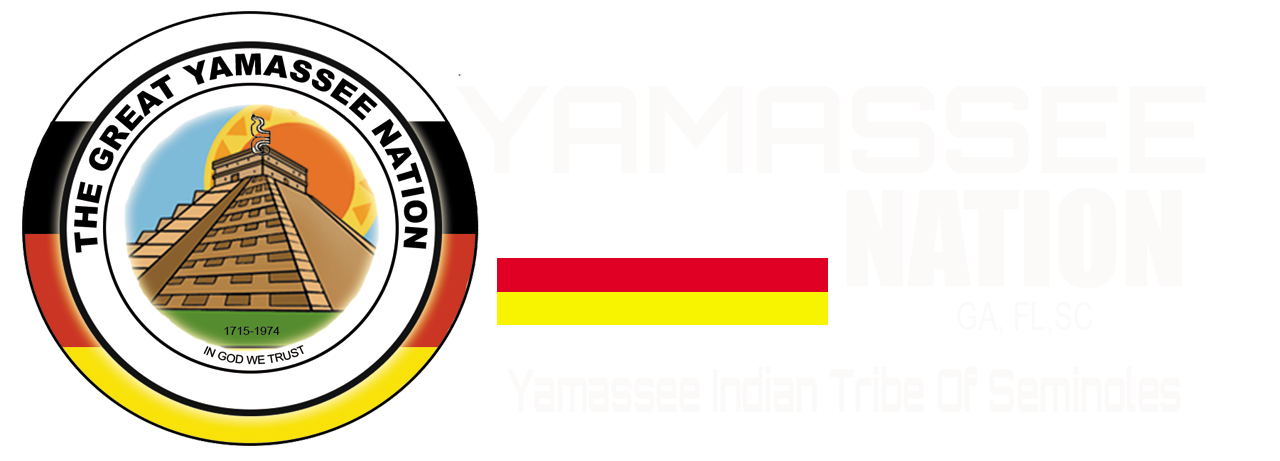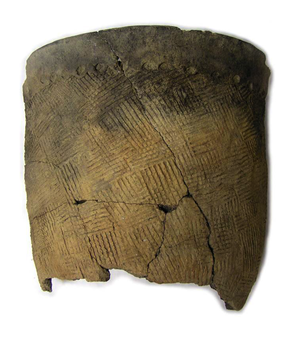Taken from:
The Yamasee Indians: From Florida to South Carolina
The Yamasee Indians:
From Florida to South Carolina
April 2015 is the tercentary of the Yamasee War, a war that completely reshaped the history of the Southeast leading to the end of the Indian slave trade and the rise of the Old South.
In April 1715 the South’s largest pan-Indian war erupted in the head town of the Upper Yamasee Indians near Beaufort, South Carolina. Within months the Yamasees were forced to flee from South Carolina. Many of the Yamasees had previously lived in or near Spanish missions before moving to South Carolina in the late seventeenth century. During the war hundreds of Yamasees returned to La Florida, settling around St. Augustine and reviving their alliance with the Spanish. For the next decade the Yamasees suffered devastating attacks by the British and Indians. Yet many Yamasees survived by strategically allying themselves with Spaniards, Africans, Creeks, and Seminoles. While often described as extinct, Yamasees today still live in Florida, Georgia, and South Carolina where they continue to fight for their sovereignty.
Using the tercentenary of the Yamasee War as inspiration, the conference examines the Yamasee Indians before and after the war. Presenters include: Amy Turner Bushnell, Keith Ashley, Eric C. Poplin, Chester B. DePratter, William L. Ramsey, Alex Sweeney, Jane G. Landers, Steven C. Hahn, Denise I. Bossy, Susan Parker, Amanda Hall, Andrea Paige White, and Carl D. Halbirt. The sessions will be chaired by: John E. Worth, Charles Cobb, Alan Gallay, and Gifford Waters.
We hope you can be part of the first Yamasee conference!
This event is sponsored by the University of North Florida, the South Carolina Institute of Archaeology and Anthropology at the University of South Carolina, the St. Augustine Historical Society, and Flagler College.


